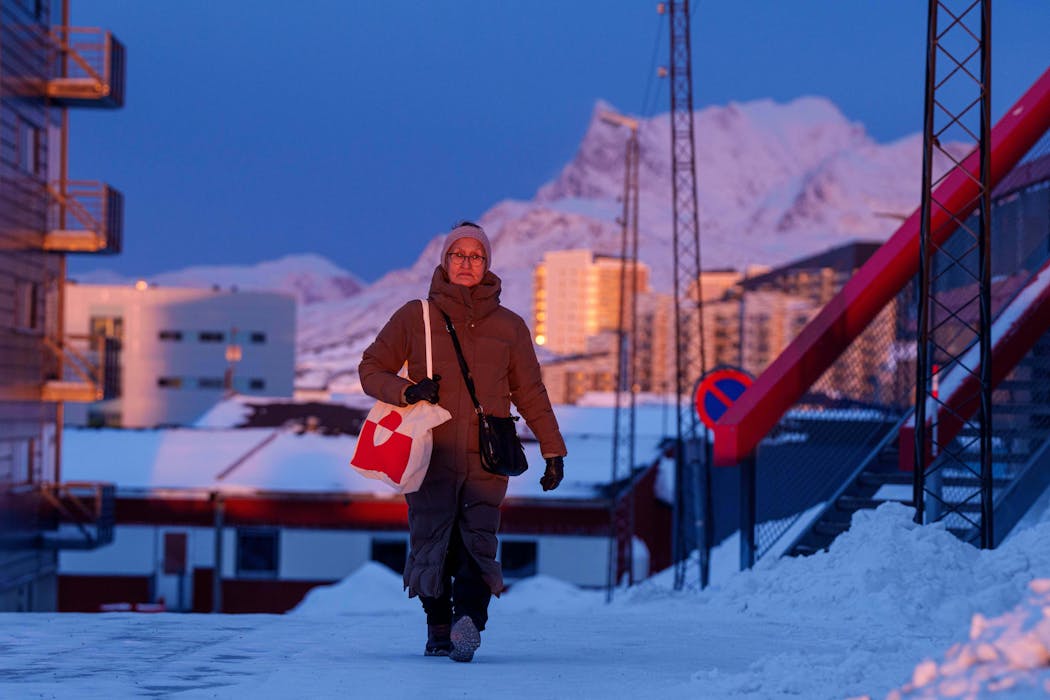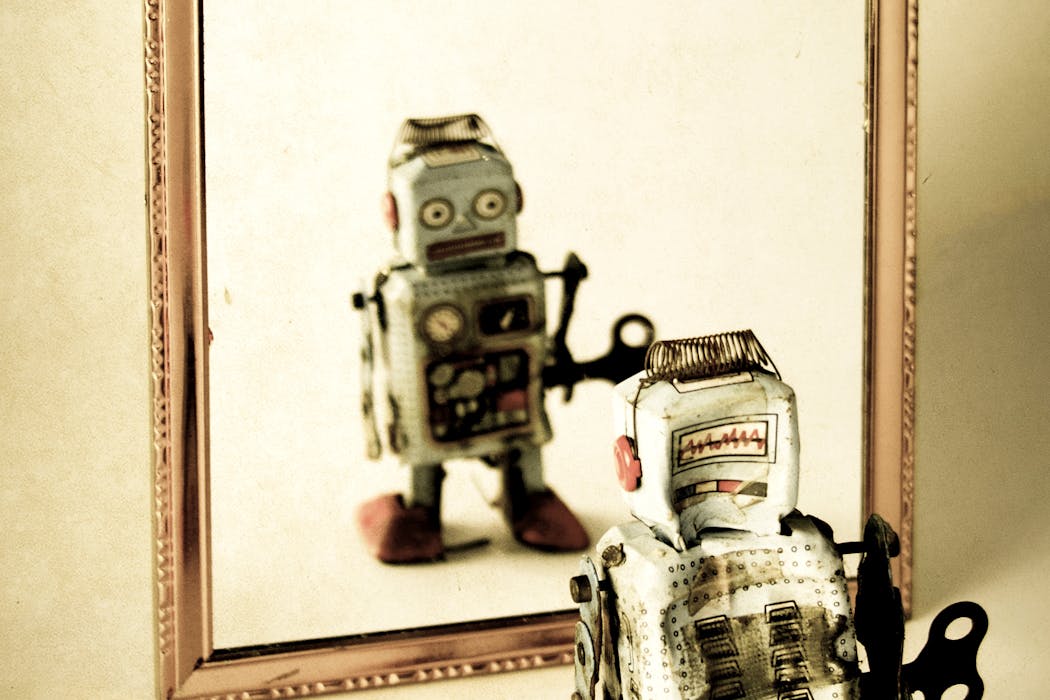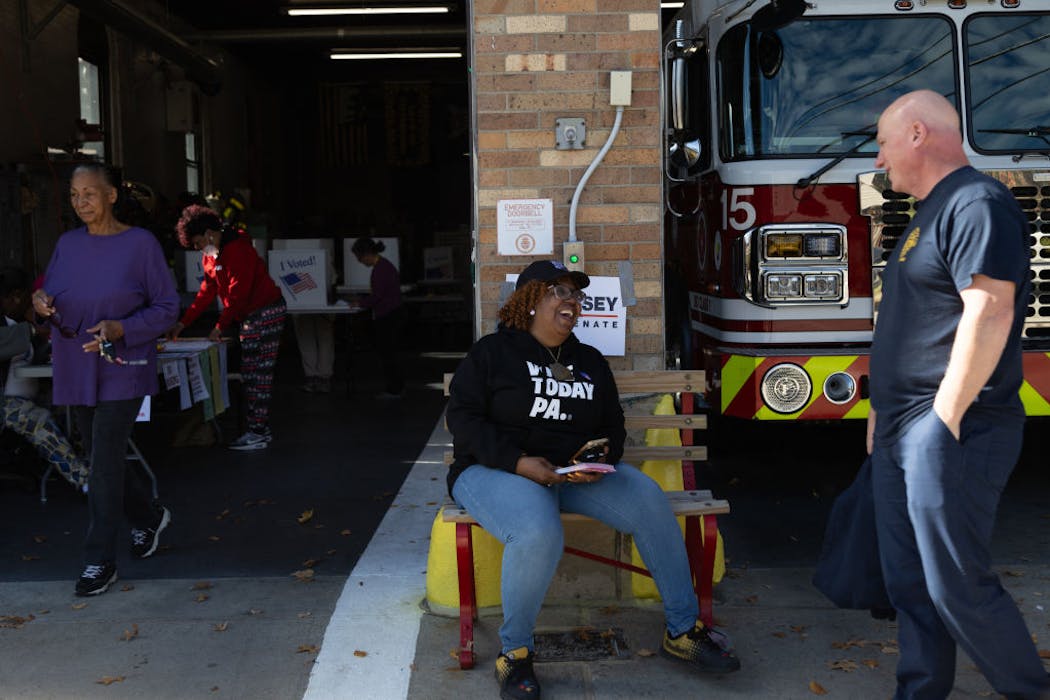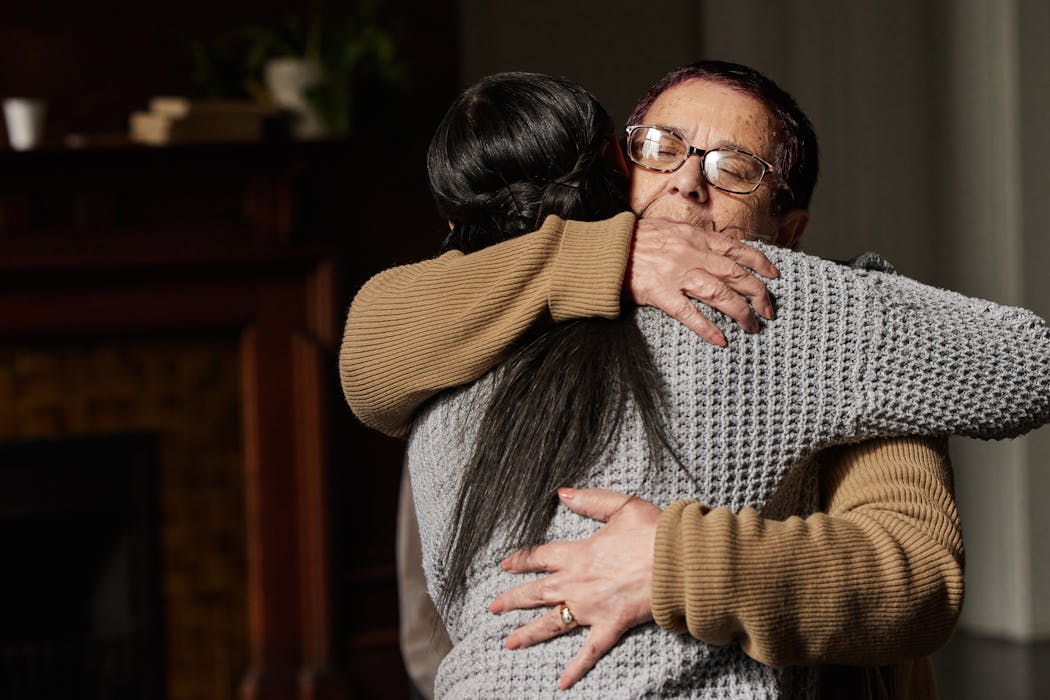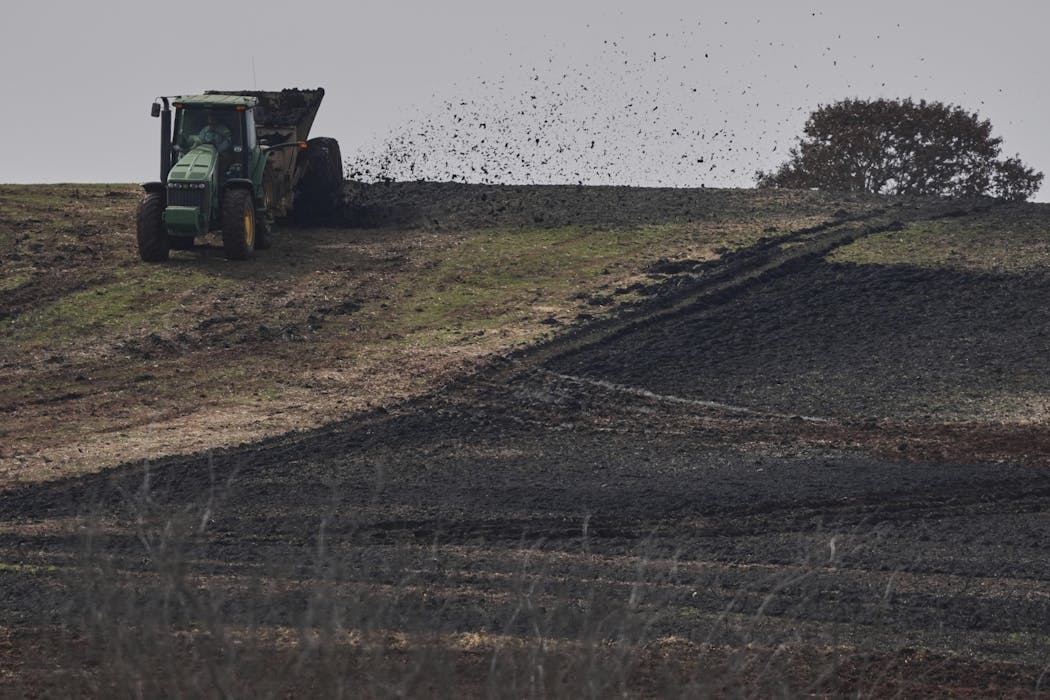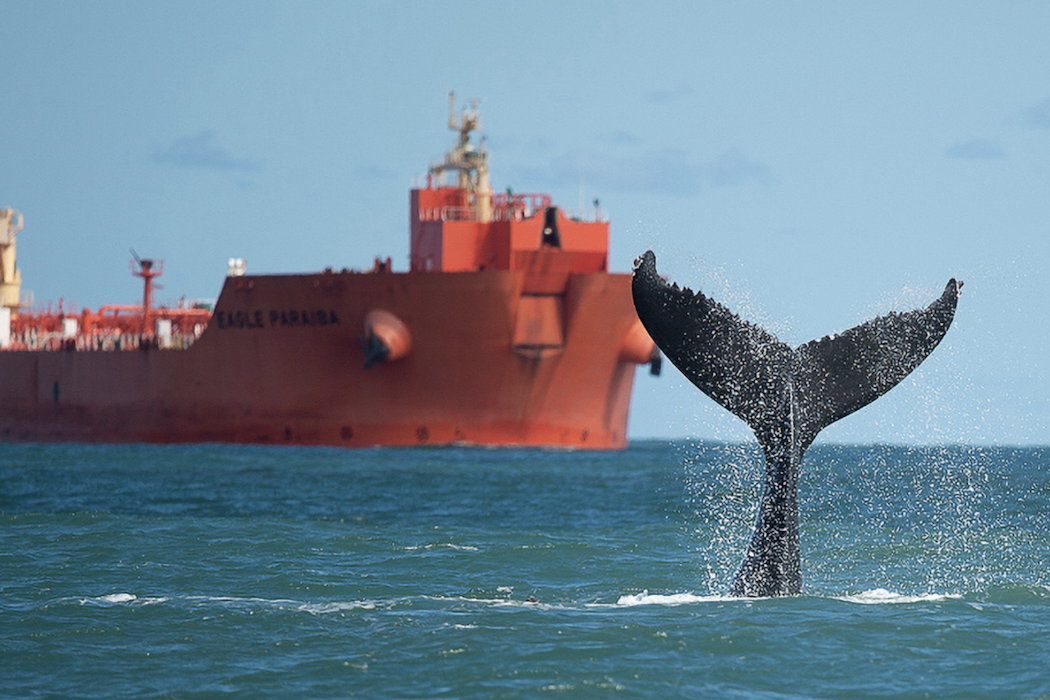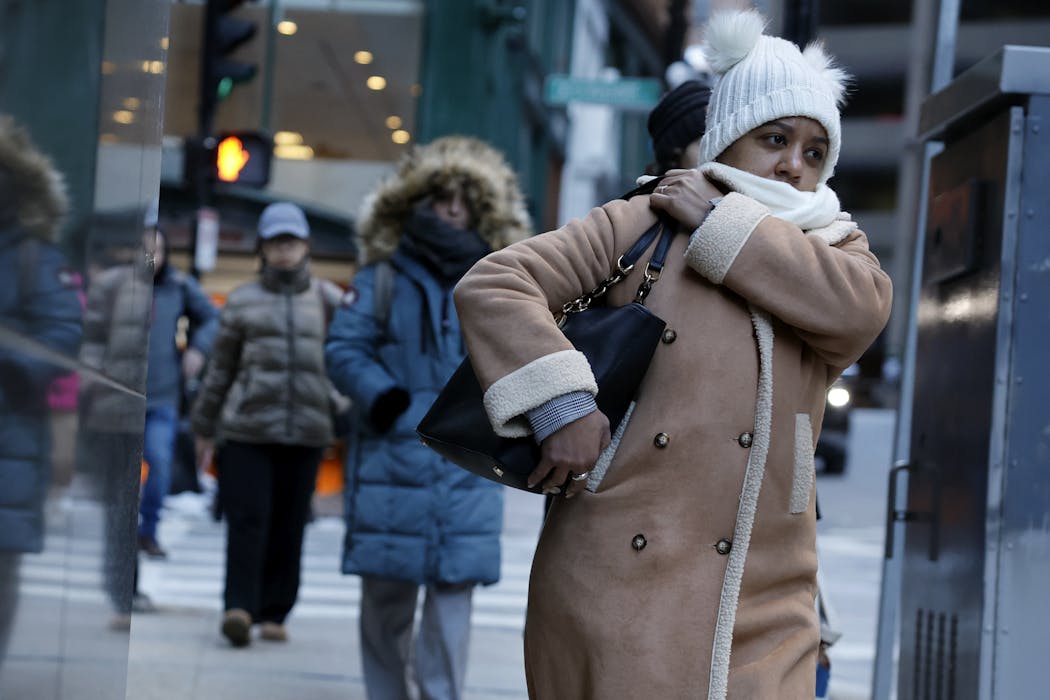Malaria researchers are getting closer to outsmarting the world’s deadliest parasite
- Written by Kwesi Akonu Adom Mensah Forson, PhD. Candidate in Biology, University of Virginia
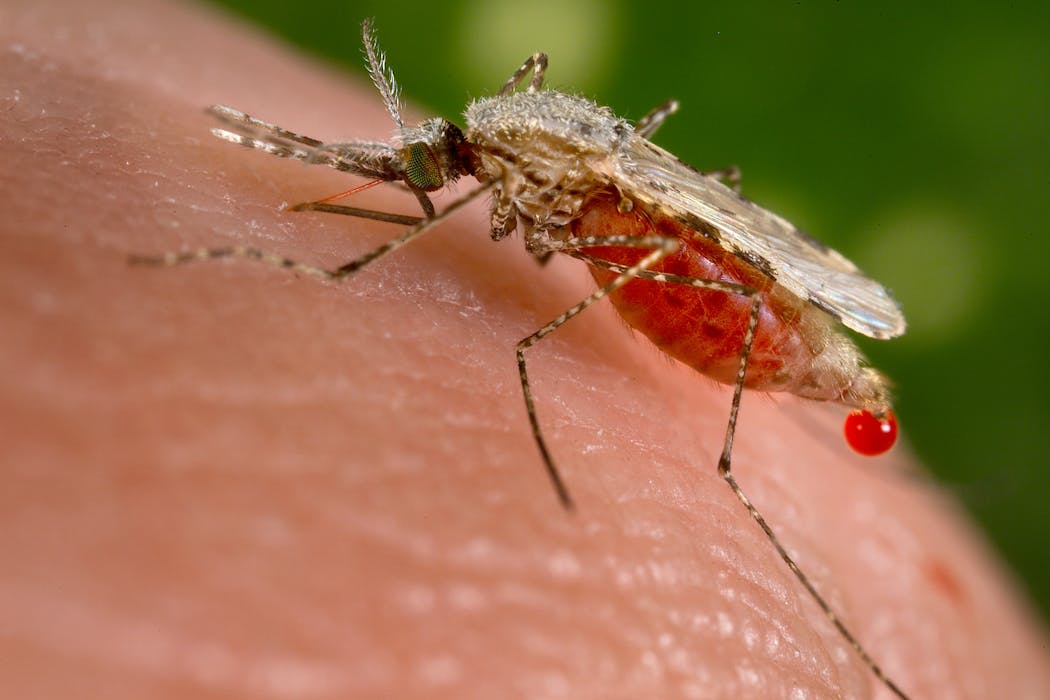 Malaria is transmitted to people by mosquitoes infected with a parasite from the _Plasmodium_ family. Jim Gathany via CDC/Dr. William Collins
Malaria is transmitted to people by mosquitoes infected with a parasite from the _Plasmodium_ family. Jim Gathany via CDC/Dr. William CollinsEvery year, malaria kills more than 600,000 people worldwide. Most of them are children under 5 in sub-Saharan Africa. But the disease isn’t confined to poor, rural areas – it’s a global...
Read more: Malaria researchers are getting closer to outsmarting the world’s deadliest parasite


